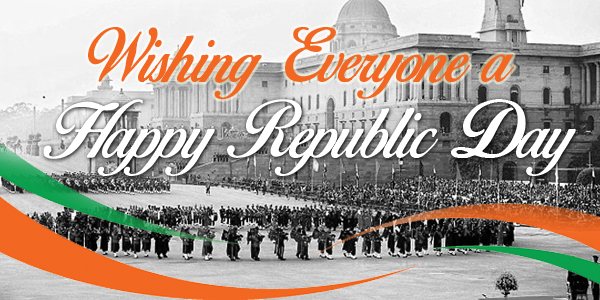The story of India’s independence from the British rule is a story without precedence that demonstrated to the world that adopting a strategy of nonviolence and civil disobedience could prove to be a potent force capable of bringing a mighty empire to its knees.
The newly-gained freedom brought with it its own set of challenges: namely, dealing with the aftermath of the partition of the country, persuading the principalities to join the Union, and unifying diverse groups under a common theme—the idea that we are one nation and one people.
We also needed to frame a constitution based on modern ideas that was capable of delivering justice to all citizens regardless of caste, creed, language, ethnicity or religion as a matter of priority. Our laws until then were based on the modified colonial Government of India Act 1935.
However, our leaders rose to the occasion: A drafting committee was duly appointed to draft a permanent constitution, with Dr B R Ambedkar as chairman. 26 January, 1950 is the day on which India formally adopted the Constitution and is celebrated as Republic Day. [Read more…]









